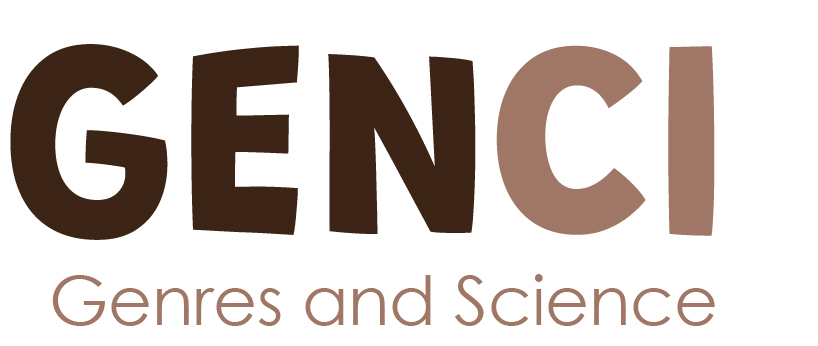Predatory journals: A potential threat to the dissemination of validated knowledge in open science. Bocanegra-Valle, A.

Abstract
Predatory publishing practices have proliferated in the past years by 25% (Oermann et al., 2018) as a result of researchers’ pressure to publish or perish in international journals and, concurrently, the expansion of digital editorial practices and the global trend towards the open dissemination of science. In this context some publishers email flattering paper requests to scholars that offer prompt peer reviews and fast open-access publication. These publishers have been labelled as “predatory”, “illegitimate” or “fake” because they exploit the author-pays model (gold open access) for their own profit with no intention of providing the expected editorial services in return (Beall, 2012; Fazel & Hartse, 2020; Soler & Cooper, 2019). Using qualitative analytical methods and a corpus of 50 unsolicited email messages sent by predatory publishers and collected during the past two years together with their respective websites, this study sets out to investigate the main themes that prevail in predatory publishing to generate interest and convince authors for submitting their work. It also critically assesses deceptive editorial practices that may flout mainstream academic publication standards. These two datasets were iteratively coded and qualitatively analysed by means of NVivo 11 Pro. Target elements as documented in current literature were first identified and then organised into broad themes that were coded into initial nodes and later grouped into related categories, yielding three main themes and sixteen subthemes. Broadly, the findings show that (i) predatory discourse overuses boastful language and relies on self-promotional explicit references to high quality in order to persuade authors; and (ii) indicators (like deceptive bibliometrics or counterfeit titles) act as “hooks” to achieve their predatory aims. Lastly, implications of how predatory journals contribute to the dissemination of non-validated knowledge in academia and their impact on scholars aiming for visibility in academia will also be discussed.
